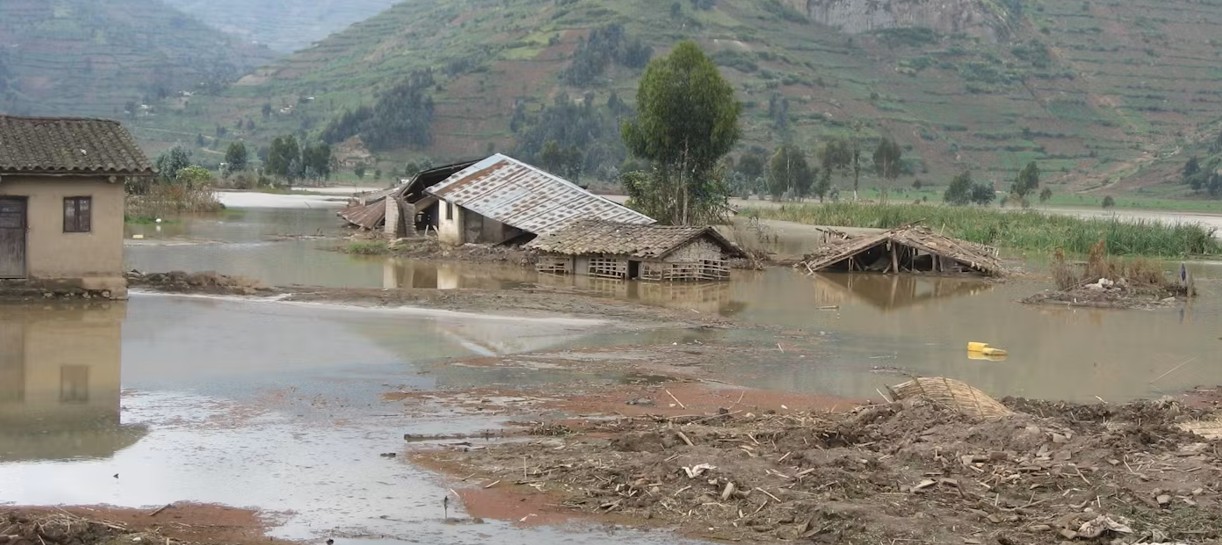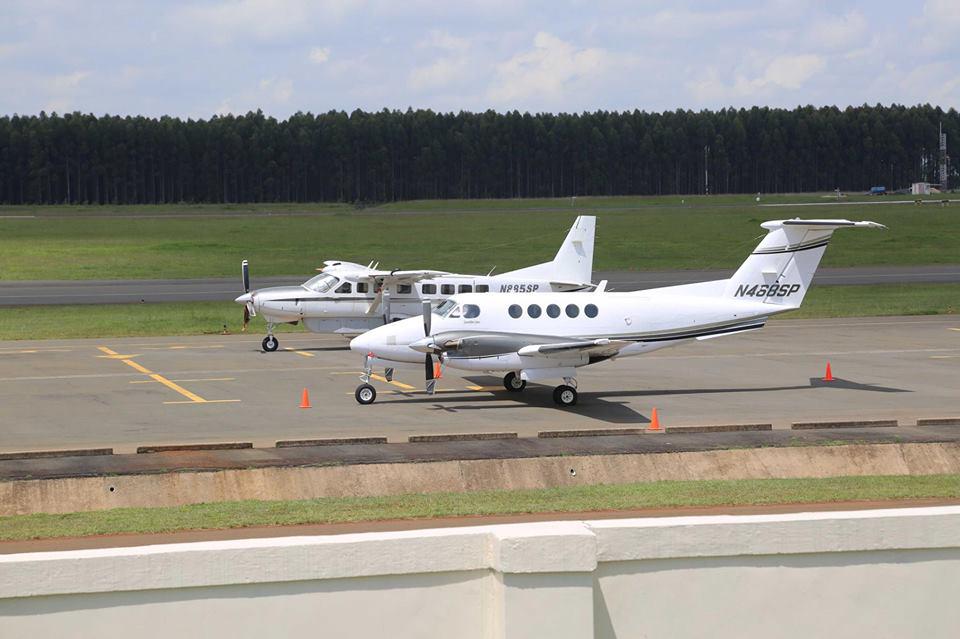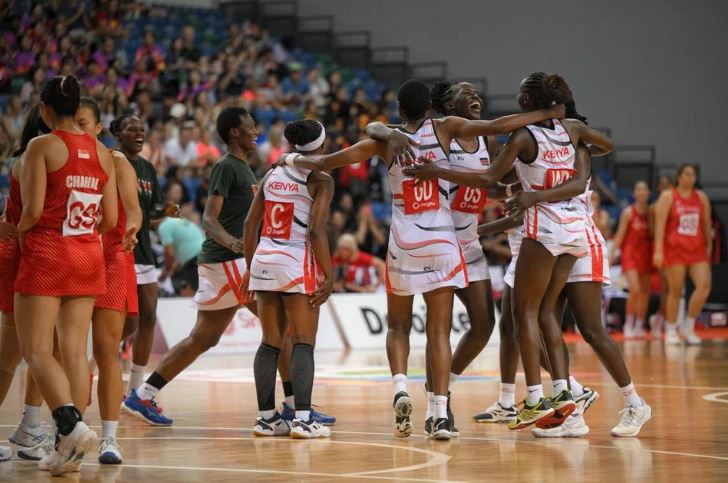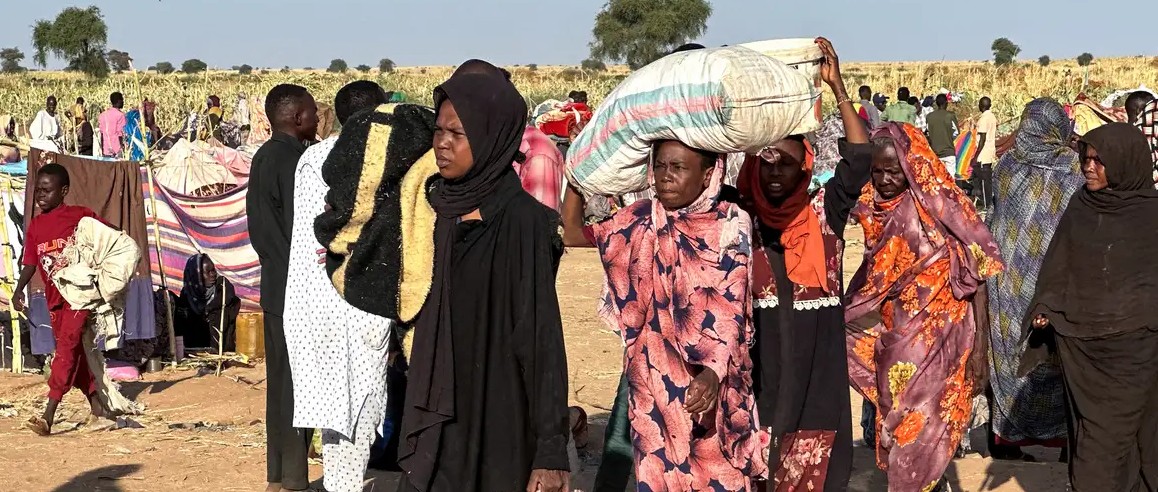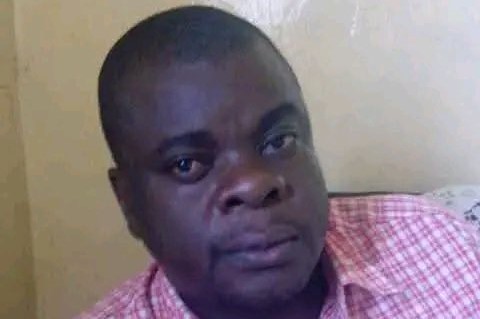Hope restored as MSF opens lifesaving fistula unit for Somali women in Baidoa
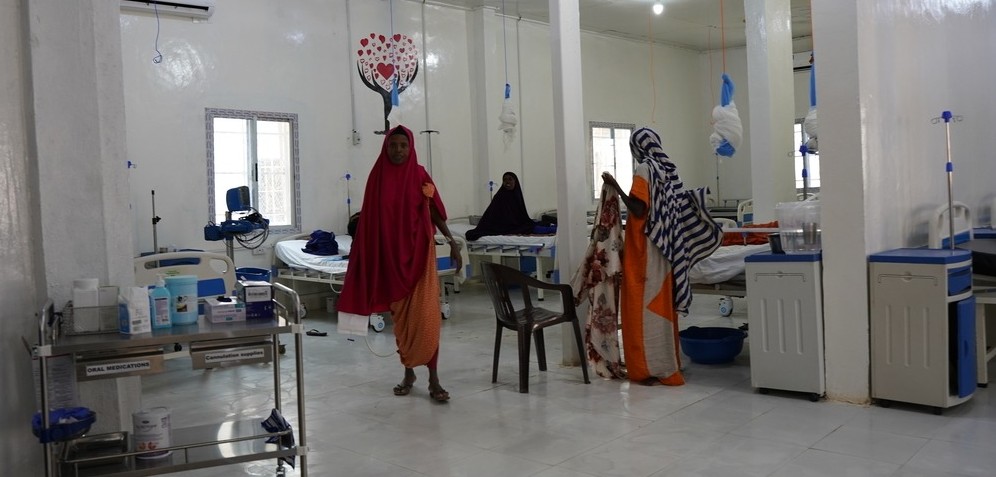
After years of silence and stigma, women in Somalia’s Bay region are finding healing and dignity through free fistula surgery at Baidoa’s new MSF unit.
As donor funding declines and health services shrink, access to free, lifesaving care is becoming increasingly rare in Somalia’s remote regions.
For years, specialised obstetric services — including emergency surgery and fistula repair — were out of reach for most women. That changed in August when Médecins Sans Frontières (MSF), in partnership with the Ministry of Health (MoH), opened a 20-bed obstetric fistula unit at Bay Regional Hospital in Baidoa.
When Faisa Idow went into labour with her first child at age 23, she sensed something was terribly wrong. Living in a rural village in Somalia’s Bay region, she endured several agonising days of obstructed labour before being taken to a nearby town for an emergency caesarean section.
Obstetric fistula
After the delivery, Faisa noticed she was constantly leaking urine and unable to control her bladder — an injury later diagnosed as an obstetric fistula, a severe childbirth complication.
According to MSF, an obstetric fistula occurs when prolonged, difficult labour cuts off blood flow to the tissue between the birth canal and rectum, creating a hole that causes continuous leakage.
“My husband divorced me. My grandmother and aunts were the only ones who stood by me,” Faisa recalls of the painful years that left her isolated and ashamed.
Recently, through a relative, she learned about the new fistula repair service at Bay Regional Hospital. Her story mirrors that of Khadija Adan and Fadumo Yusuf, two other women who lived for years with the same condition before finally receiving treatment at the facility.
Suffered for eight years
Khadija, a mother of eight from Ubare village near Buur Hakaba, 64 kilometres from Baidoa, had suffered for eight long years.
“It started after one of my deliveries. I could no longer control my body and had to rely on others for the most basic needs. As a pastoralist and farmer, I am used to hard work and taking care of my family, but this condition left me isolated. I never sought treatment because I had no idea that a treatment existed; I simply stayed at home and suffered in silence,” she said.
In her community, many women give birth at home with the help of neighbours or traditional birth attendants, as health facilities are far away. She adds that early marriages, female genital mutilation, and lack of antenatal care are common.
“My situation grew worse over the years. I was embarrassed and worried that people would discover my condition. It was only when a relative heard about a special fistula care service at Bay Regional Hospital in Baidoa that I learned there was hope. She told me a doctor there could treat me. I gathered my courage and made the journey to the hospital.”
Prolonged labour
“When I arrived, I was welcomed by the staff and examined. The doctors explained that I had an obstetric fistula caused by prolonged labour without timely medical intervention, which is a preventable injury if women have access to skilled care. They scheduled me for surgery and offered me counselling to prepare,” she recalls.
The operation transformed her life — as it did for Faisa and other women.
“I could take care of myself again without fear or shame. The hospital provided not just the surgery but also food, a bed, and follow-up care at no cost. Counsellors listened to my worries and helped me regain confidence. Now, when I meet other women, I tell them: there is treatment for this illness, and it is free,” she said.
Higher risk
MSF notes that in Somalia, women face a higher risk of developing the condition than in most parts of the world.
“Only about one-third of births are attended by a skilled health worker, and the country's maternal mortality rate remains among the highest globally. Women often give birth at home with traditional attendants who are unable to manage complications, like those Faisa suffered. Long distances to health facilities, widespread poverty, and a shortage of trained midwives and doctors further limit people's access to emergency obstetric care,” the organisation said.
At the Baidoa unit, MSF and MoH teams provide comprehensive fistula services — from prevention and surgical repair to pre- and post-operative care, counselling, and social reintegration support.
By the end of October, MSF data showed that 20 women had already undergone surgery, with many more awaiting treatment.
“Fistula care isn't just about repairing an injury; it is about listening to women, providing counselling, and helping them rebuild confidence. Many of our patients have lived with a condition that has kept them apart from work, friends, and community life. We aim to restore dignity and support their return to their communities,” said Frida Athanassiadis, MSF’s medical coordinator in Somalia.
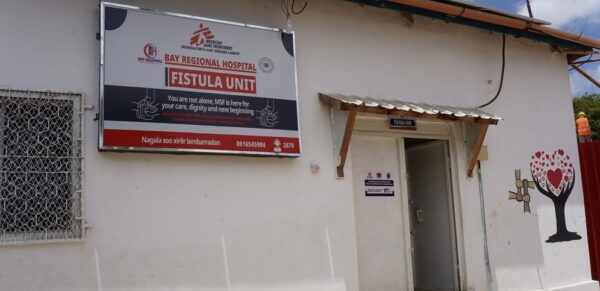 The fistula unit at Bay Regional Hospital in Baidoa provides free treatment and support for women living with childbirth injuries, helping them heal and rebuild their lives with dignity. (Photo: MSF)
The fistula unit at Bay Regional Hospital in Baidoa provides free treatment and support for women living with childbirth injuries, helping them heal and rebuild their lives with dignity. (Photo: MSF)
Spreading awareness
Word of mouth has helped spread awareness of the facility, ensuring a steady flow of new patients.
One of them is 36-year-old Fadumo Yusuf, a mother of nine from Owdiinle, 30 kilometres from Baidoa. Only four of her children are alive; five died due to pregnancy complications or shortly after birth.
“I developed a fistula one and a half years ago after a difficult delivery by caesarean section at a local hospital. When I returned home, I realised I could not control my bladder. I was scared and did not know what to do. I travelled to Mogadishu to seek care at the hospital there, flying there with money raised by my family. Although I was treated, I did not fully recover. I went back to my village and kept quiet about my problem,” she said.
Baidoa fistula service
Her condition persisted until her brother-in-law, who works at a regional hospital, told her about the new fistula service in Baidoa.
“I decided to try again. When I arrived, the staff welcomed me and admitted me. I was operated on in the second week of my stay. For the first time since the injury, I felt hope. After surgery, I stayed at the hospital for six days, receiving food and a bed at no cost. The counsellors explained how to care for myself and encouraged me to return for follow-up appointments. I no longer leak, and I am learning to trust my body again. Too many women suffer in silence because they cannot reach help in time. Every mother deserves to give birth safely and to live without shame,” she said.
According to Salah Eltahir Salih, MSF’s fistula surgeon in Baidoa, who has been with the clinic since its launch in August 2025, every woman’s case is unique.
“Some require a simple closure, while others have more complex injuries and may need more than one operation or longer follow-up. We also provide counselling and group sessions so patients can share experiences and support each other. Seeing women relieved and talking about returning to their families is the most rewarding part of our work,” he said, adding that distance remains the biggest barrier to care.
“Many patients come from rural or nomadic communities. They may travel for hours or days to reach a health facility, often with limited resources. Because a fistula causes embarrassment, some women hide the problem for years. There is also a lack of awareness that treatment exists, and even when women reach a facility, not all hospitals have trained staff or equipment to perform emergency obstetric surgery. The MSF fistula unit is one of the very few in the country that can carry out fistula repairs on a regular basis. There is an urgent need to strengthen maternal health services, ensure skilled care is available, free, and closer to the communities that need it most.”
The unit plans to expand its services further, with physiotherapy support expected to start in early 2026 to aid full recovery.
Top Stories Today

